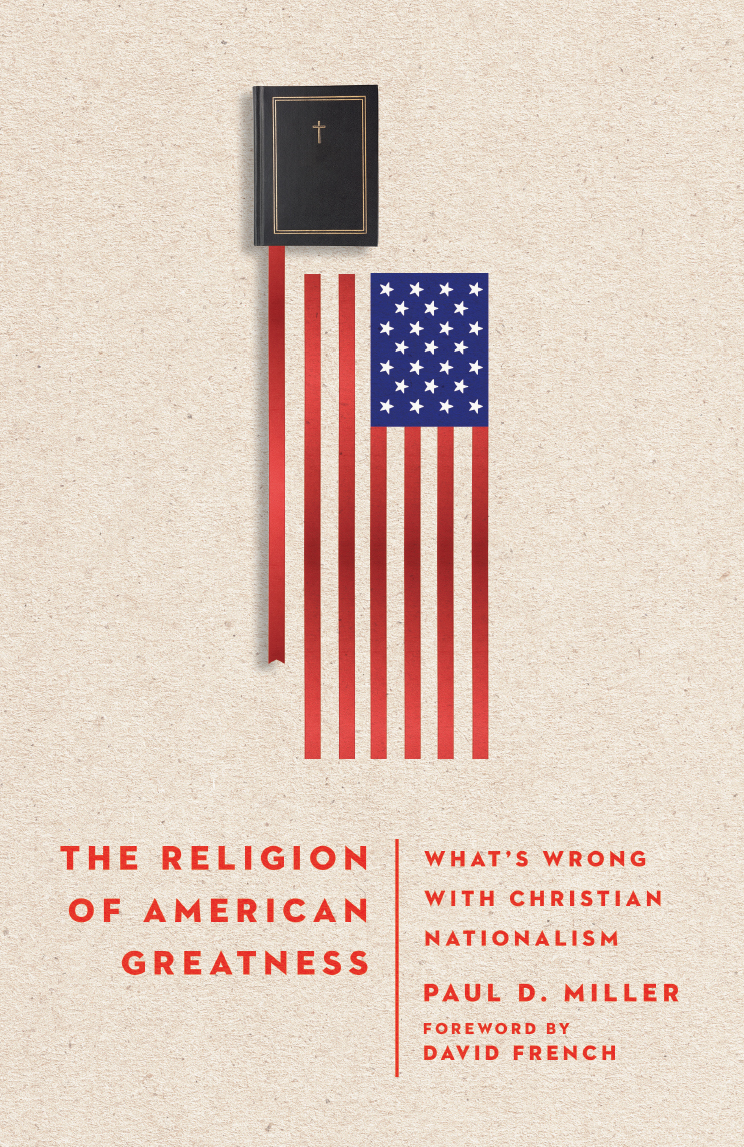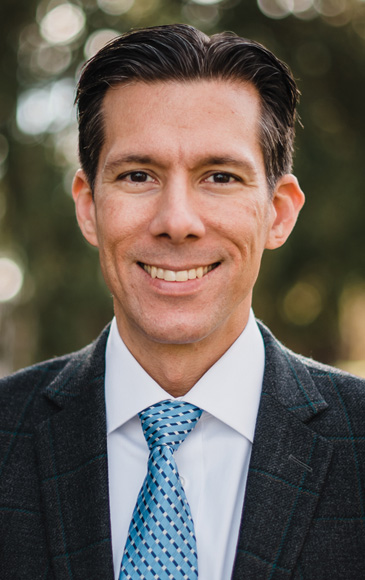A Conversation on Christian Nationalism with Paul D. Miller
Paul D. Miller has a long resume of service in the White House, the Pentagon, the CIA, and now at Georgetown University, where he teaches international affairs. His book The Religion of American Greatness is the first of a forthcoming trilogy on political philosophy for our polarized times.
You argue there's a big difference between nationalism and patriotism.
Paul D. Miller: The difference is that when asked how to define America, patriotism prioritizes the principles while nationalism prioritizes the culture.
Patriotism is the love of country, of our home and of all things familiar to us. I am using love in a very specific and Christian way: to love is to desire the good of the other. I desire the good of the United States and of my fellow Americans. That means I love and accept them as they are, and I also want to see them live amidst the blessings of peace and justice. Desiring the good of the country means that I want to see us strive towards greater measures of peace and justice, to recognize our past failings and turn from them.
Nationalism does not accept the country as it is; it strives to make the country and its people into a certain kind of country and a certain kind of people, ones that conform to their preferred cultural template of "Anglo-Protestantism." You often hear a kind of odd self-hatred from nationalists: they can't love America as we actually are because we've departed so far from their vision of what we should be. They can only love America insofar as we abide by their imagination of what America used to be.
The book is both an engagement in the "grand conversation" about ideas of historical importance but also a very personal book for you, isn't it?
Miller: My first book (a version of my dissertation) was all duty, my second (on grand strategy) was ambition, my third (n just war) a calling, and this one (on Christian nationalism)—pure agony.
Writing The Religion of American Greatness presented an extraordinary intellectual challenge. I think I reorganized the chapters seven or more times, and about a third of the original text ended up on the cutting-room floor. Beyond that, this book was emotionally draining and spiritually challenging. It required me to reexamine a social and political movement that had been a part of my life. I had to stop and reexamine my heart, my motives, and my tone virtually every word I wrote.
Sometimes I wrote from a place of anger. I had to think long and hard about whether it was true righteous indignation or something more selfish and whether it was helpful to leave it in. I ended up cutting almost—almost—all of it out. I worked very hard on the tone of this book knowing that I was speaking to, and about, friends, family, and members of my community. I wanted to speak with genuine gentleness and love without sugarcoating the rebuke.
What wisdom can you offer us about how we might pull ourselves out of the spin of polarization we're in?
Miller: Turn off the TV and log out of social media. Staying abreast of the news is important, but that's best done in print. Reading rather than watching forces us to engage more critically.
Read history. Our current squabbles look smaller and less apocalyptic when you understand the depth of struggles we've been through in the past.
Do something local. If you're going to be an activist, do it in a context that forces you to meet your neighbors and your public officials face to face, to treat them like humans and listen and respond to them in real time.
If you could travel to or live in some other country, where would it be?
Miller: If I could afford it, I'd travel almost anywhere. I love taking our kids to different international restaurants to give them just the tiniest sense of how vast and varied the world is. I look forward to having eternity to experience the riches of every nation, people, tribe, and language—whose diversity reflects the infinitely broad and deep character of the God in whom all people find their unity.
This interview originally appeared in the IVP Academic catalog. Sign up to receive the catalog to be the first to discover new academic books and author interviews.





